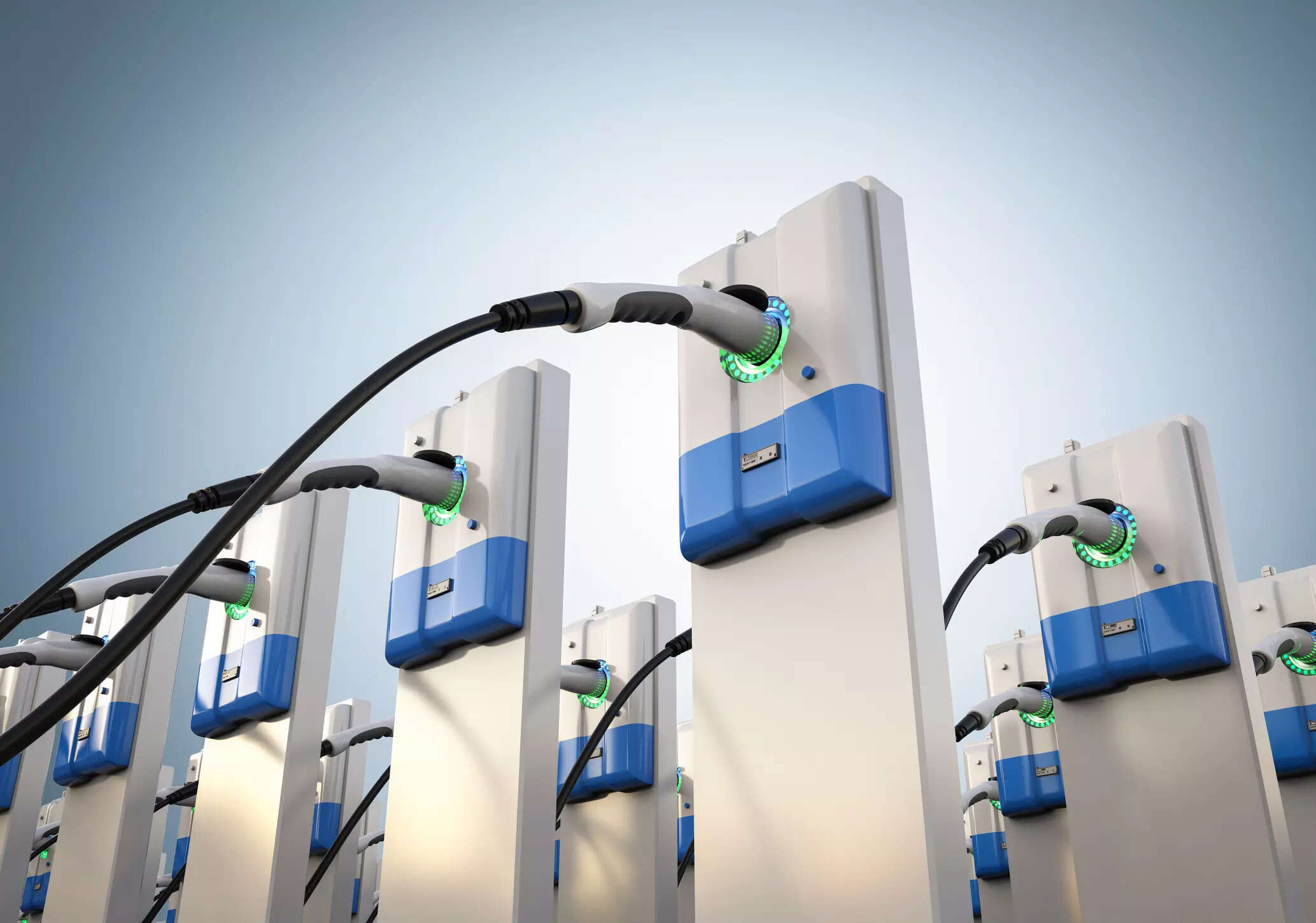
Germany is to earmark up to 900 million euros (USD 983 million) in subsidies to expand electric vehicle charging stations for households and companies, the transport ministry said on Thursday.
Europe’s biggest economy currently has some 90,000 public charging points and aims to have one million by 2030 in hopes of boosting growth in electromobility as it targets carbon neutrality by 2045.
Germany had around 1.2 million fully electric vehicles on its roads by the end of April, well below its goal of 15 million by 2030, data from federal motor authority KBA showed.
High prices, limited range and a lack of charging stations, especially in rural areas, are seen as the main reasons for the lag in electric vehicle sales.
The transport ministry said it will soon launch two funding programmes to support private households and companies in building charging stations with their own power supply.
Up to 500 million euros in subsidies will be available from this autumn to promote electricity self-supply at private residential buildings, with the prerequisite that residents already own an electric car, the ministry added.
From next summer, an additional 400 million euros will be earmarked for companies that want to build fast charging infrastructure for commercial cars and trucks.
The German government in October approved a plan to spend 6.3 billion euros over three years to rapidly scale up the number of electric vehicle charging stations across the country.
The subsidies programs announced on Thursday are in addition to that funding, a spokesperson for the ministry said.
(USD 1 = 0.9152 euros)

